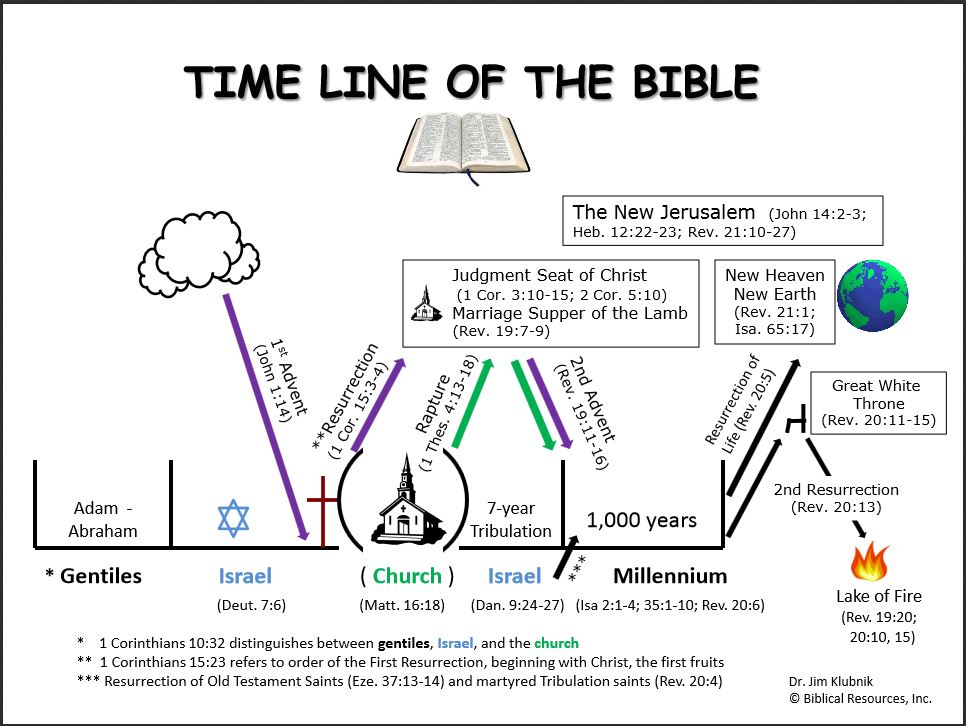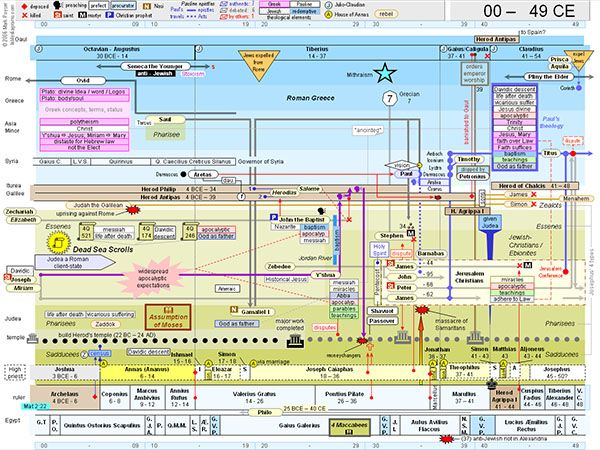

That will help you to further refine your understanding of Bible history.

When you have completed the reading of the 13 books and have made a timeline, then go back through the timeline and pick out the main events and list them separately. This will help develop a habit whereby you not only read the Bible, but you also study it. Thus you must divide your readying/study period into (1) reading and (2) working on your timeline. As you are reading, pay close attention to the main events. In each study session, first read your chapters for the day (however many you choose, depending on how fast you read and how much time you devote to the project per day). (The Epistles were written during the time of Acts and Revelation isn’t a history book, it is prophecy of the future.) And the Prophets were written during the time of 2 Kings, Ezra, and Nehemiah.)įor the New Testament, the history is found in the Gospel of Matthew and the book of Acts. Psalms, Proverbs, and Ecclesiastes were written during the time of David and Solomon, which is the history found in 2 Samuel - 1 Kings.

The book of Job occurred during the time of Genesis.

1 and 2 Chronicles covers the same basic history as 1 and 2 Kings, so Chronicles isn’t necessary for this particular project. (What about the other books? Leviticus isn’t a history book, and Deuteronomy goes back over the history that is found in Exodus and Numbers. For the Old Testament, the history is contained in 11 books (Genesis, Exodus, Numbers, Joshua, Judges, 1-2 Samuel, 1-2 Kings, Ezra, Nehemiah). There are 13 books of the Bible that contain the overall history. For this project, keep your focus on the one main goal of understanding the main events of Bible history. You need to read the books as quickly as you can with good understanding, without getting bogged down into examining the details or trying to figure out difficulties. Note that for this project, you are reading books of the Bible for one main purpose, and that is to find the major events and enumerate them into your own Bible timeline. Making your own timeline consists of reading the books of the Bible that contain its history and writing down the major events. You don’t really learn at a fundamental level until you dig into the Word for yourself. You can get timelines that men have made and study them, and that is very educational and there is a place for that, but nothing is more beneficial than your own Bible study. The following is excerpted from the latest edition of Understanding the Bible for Yourself, _Ī fter getting introduced to Bible geography as described in the first project, we recommend making your own timeline of Bible history.


 0 kommentar(er)
0 kommentar(er)
